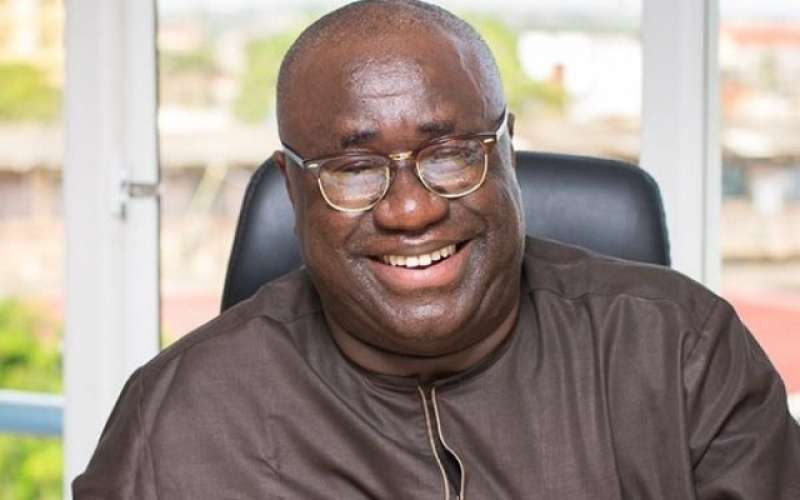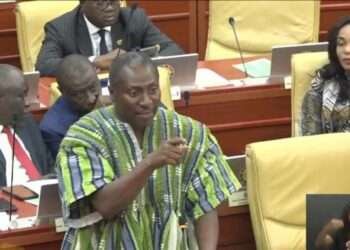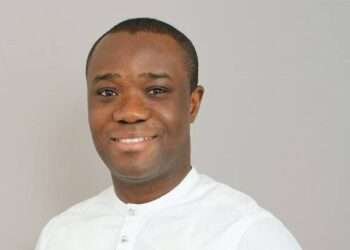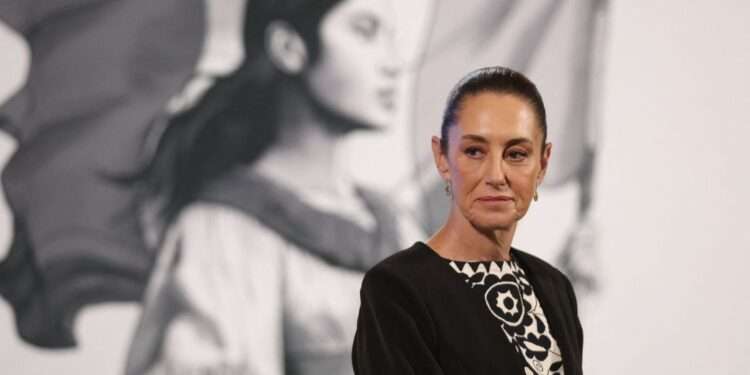Security expert Professor Kwesi Anning has criticized the government’s role in combating the violence and chaos of Bawku, in the Upper East Region.
Tracing the roots of this crisis back decades, Prof Anning highlighted systemic issues in Ghana’s approach to resolving such conflicts and underscored the consequences of delayed intervention.
“[It] has not come as a surprise and will neither be the last time we experience something similar, let me locate my comments within the context of the role of the Republic of Ghana.”
Prof Kwesi Anning Security Expert
While refraining from a deep historical analysis, Prof Anning pointed out that the crisis has existed since as far back as 1931.
He highlighted that the state’s longstanding inability to act as a “neutral arbiter” has weakened trust among conflicting parties.
This failure has, over time, impaired the state’s “capacity to negotiate, mediate, and bring the contesting or antagonistic parties around the negotiating table.” Consequently, the conflict becomes increasingly difficult to resolve.
Failures in Intelligence and Timing
One of Prof Anning’s primary concerns centered around the government’s response in handling the recent resurgence of the Bawku conflict. He lamented; “the Republic of Ghana stepped in very late, almost at the 23rd hour.”
He cited an instance from early 2023 when a new claimant to the chieftaincy title attempted to assert his claim.
Discussing this delay, Prof Anning underscored the role of intelligence failures. He noted, “the police, intelligence, local government—all those people who ought to pick the signals” had done their part by escalating the situation to authorities in Accra.
Despite these efforts, he stated, “Accra overlooked it and only intervened when it realized it was becoming problematic.” This oversight, according to Anning, was a “monumental intelligence failure,” as it allowed the conflict to escalate to a critical point before the state took action.
Flawed Mediation Strategy and Political Interests

In Furtherance, Prof Anning addressed the government’s role in mediating and enforcing stability within the region.
He argued that the government’s failure to act decisively has compromised the neutrality and effectiveness of the state’s presence.
Prof Anning mentioned the Minister for Chieftaincy and Religious Affairs, highlighting his recent remarks about resolving the crisis before the 2024 elections.
Prof Anning expressed concerns about this approach, noting, “that compounds the problem” because it ties the resolution of the conflict to the electoral timeline, which could be perceived as a move driven by political interests rather than national interests.
The implication of linking the crisis resolution to the election timeline, Professor Anning argued, is crucial and should be discouraged.
“[It] … allows the competing parties then to calculate what their best actions are before and after the election.”
Prof Kwesi Anning Security Expert
This timeline inadvertently places election outcomes above long-term solutions, thus fostering an environment where conflicting parties may take advantage of the state’s thereby resulting in a lack of urgency and neutrality.
The Intractable Nature of the Crisis
Prof Anning argued that the state has “consistently over time failed to play its mediating and, where necessary, its enforcement role.”
“We didn’t resolve decisively the processes and procedures for succession, for de-enskinment, all those technical processes.”
Prof Kwesi Anning Security Expert
Recommendations and Final Thoughts
In conclusion, Prof Anning recommended that the state re-evaluate its role and strategy in dealing with the Bawku crisis.
He stressed the need for the state to fulfill its mediating and enforcement duties without political bias. According to him, achieving a sustainable solution requires timely intervention and a commitment to remaining neutral.
Prof Anning’s analysis suggested that the crisis in Bawku is as much about unresolved historical tensions as it is about the state’s inability to serve as an impartial mediator. As he stated, “the intractable nature of this conflict” will persist if Ghana’s state apparatus fails to adopt a more proactive and neutral approach.
READ ALSO; Ajagurajah Cautions Delay to Seek Spiritual Protection





















